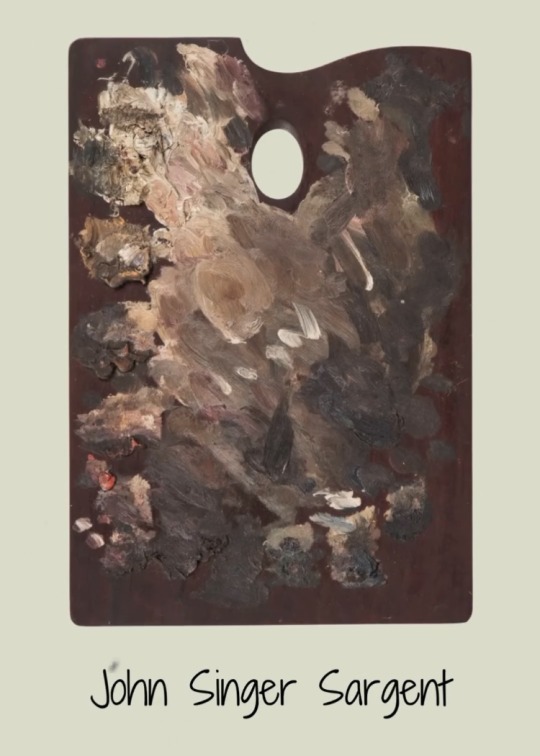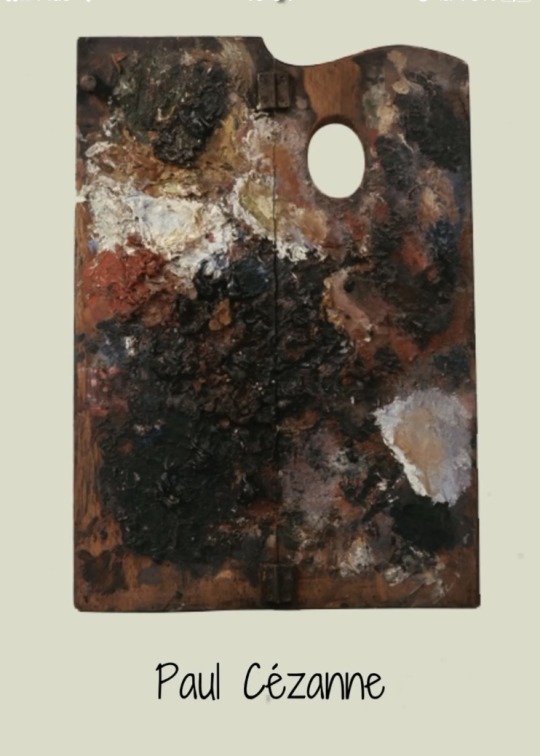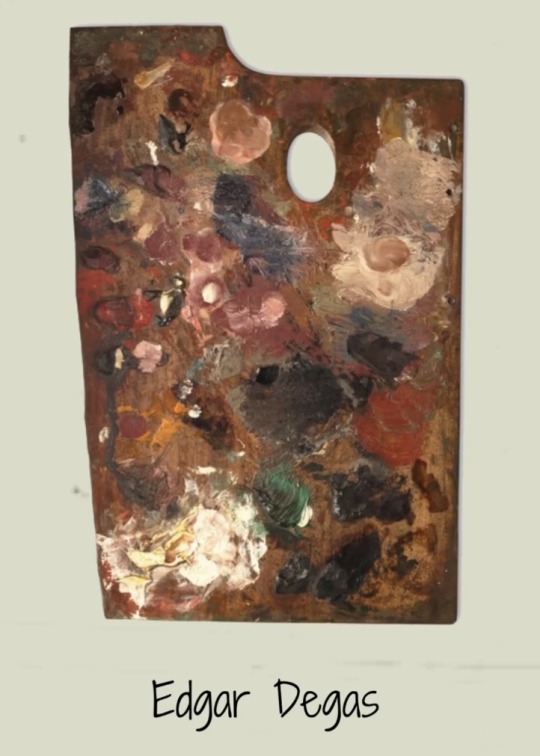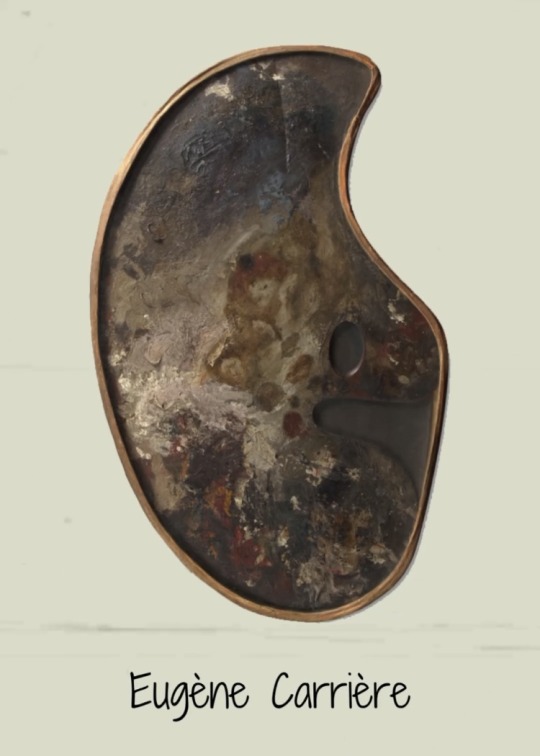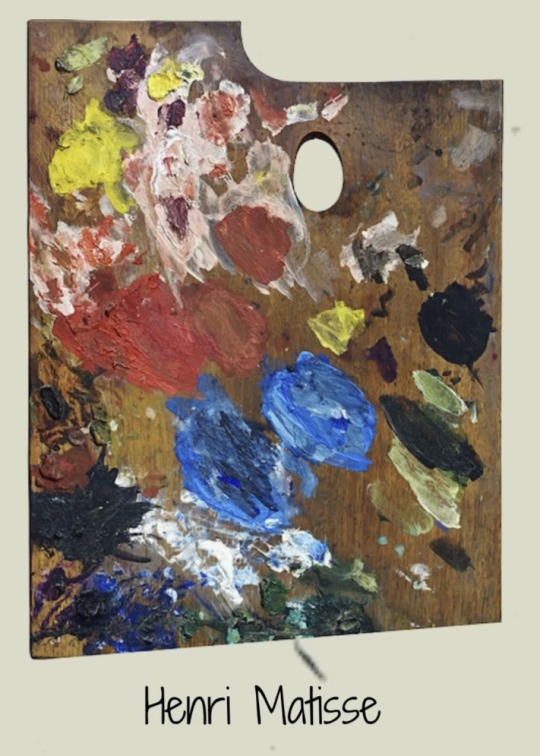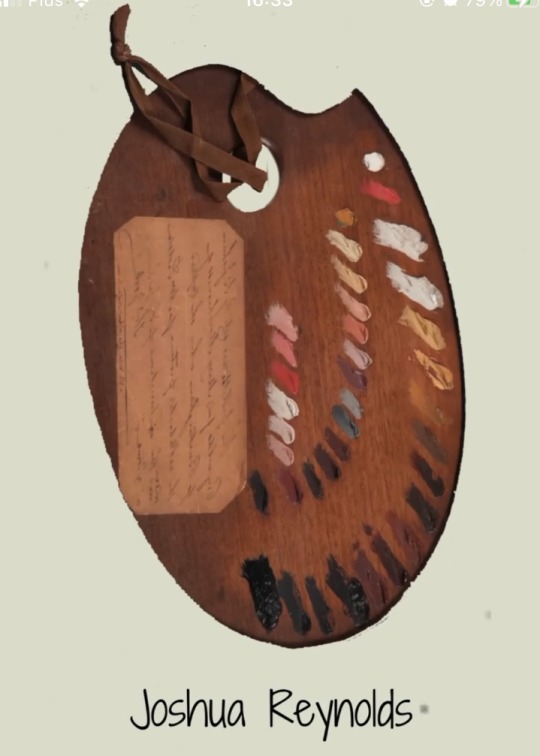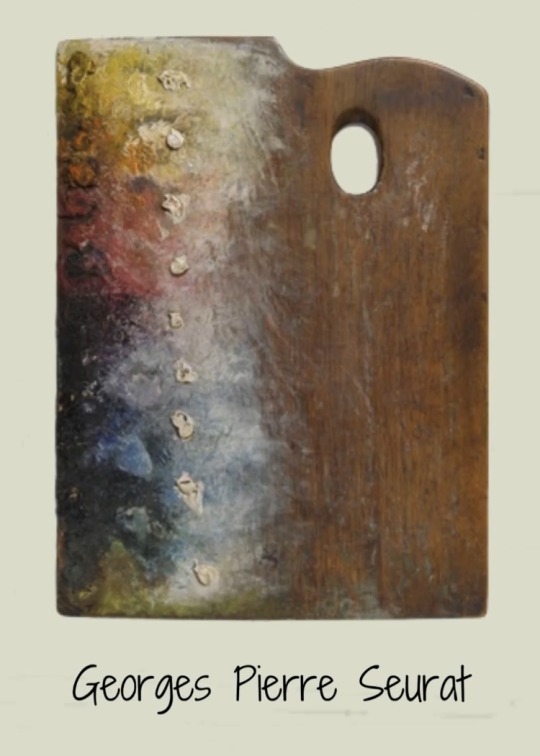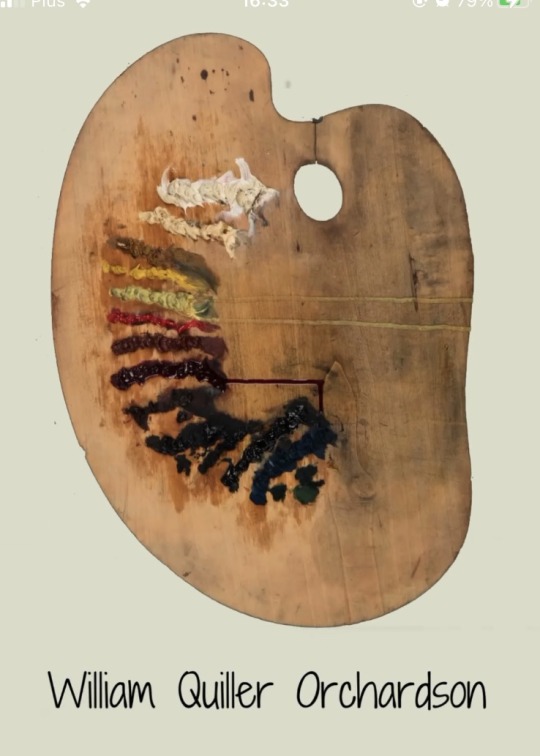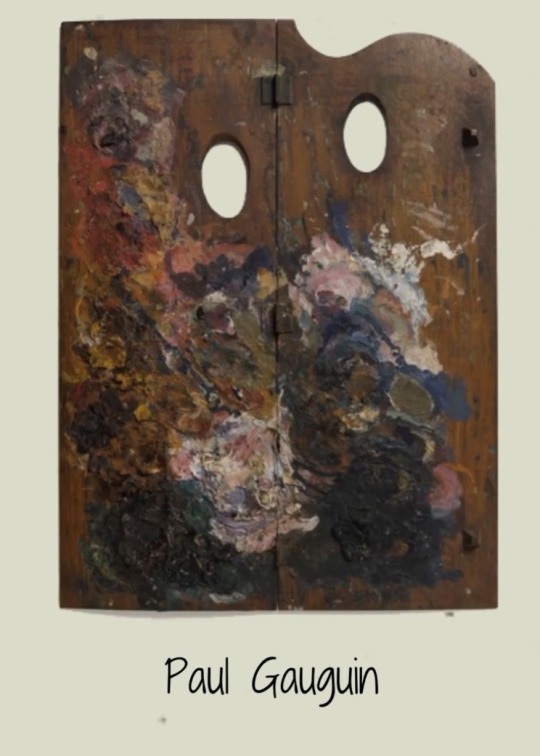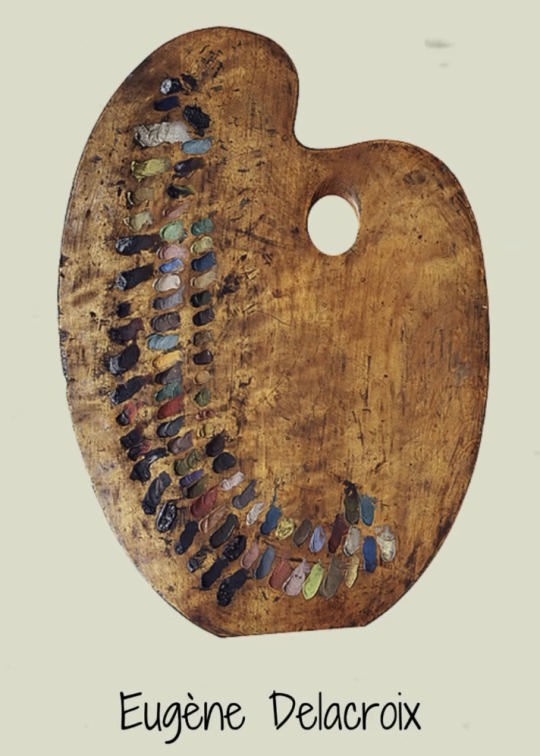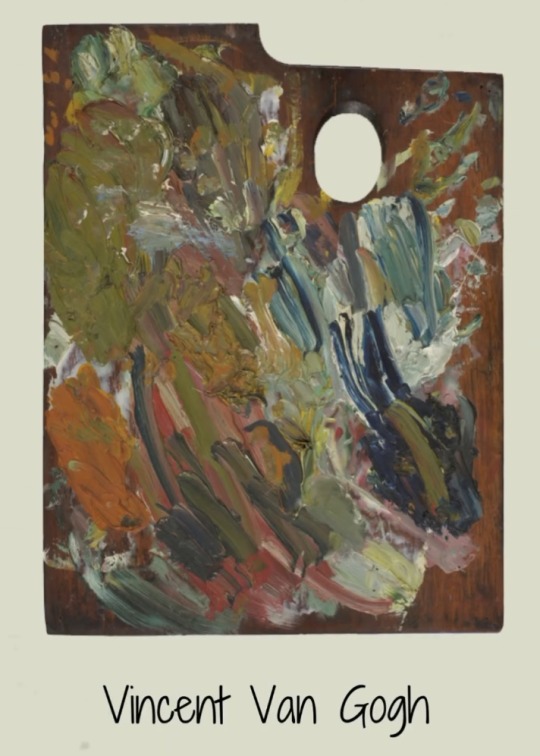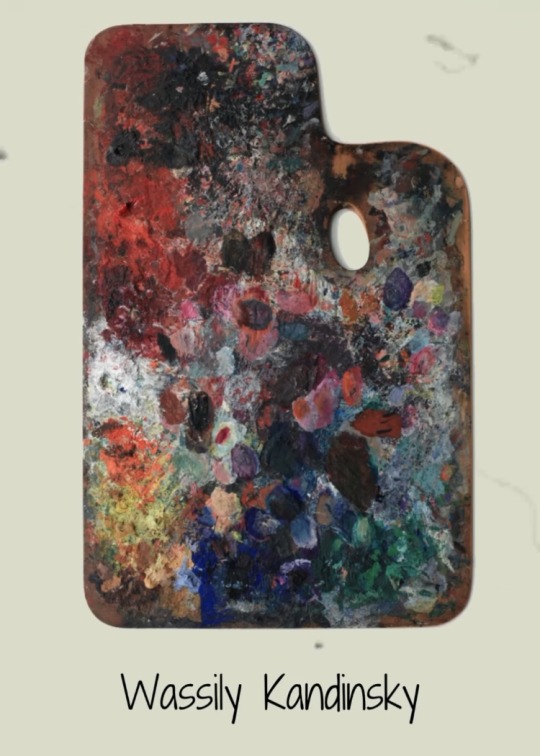Text

Giuseppe Pietro Bagetti
'Il Noce d Benevento' 1822-1826
Witches sabbath under the Wulnut Tree of Benevento
1 note
·
View note
Text
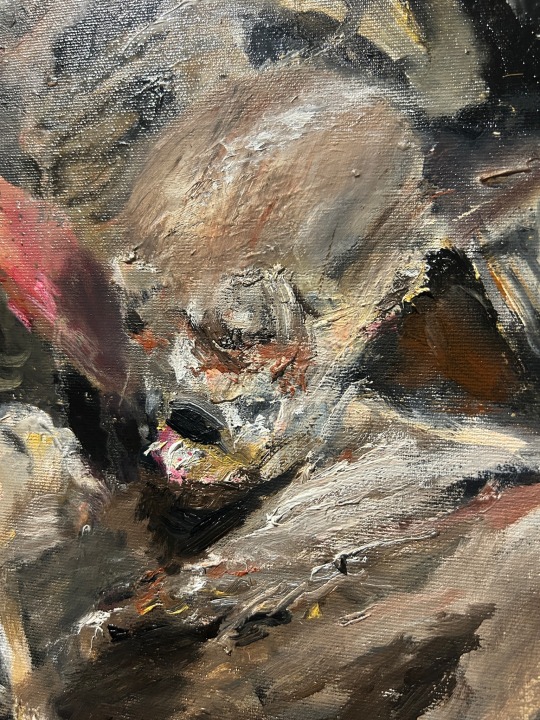
Pietro Geranzani.
Anteguerra. Avant-guerre. Pre-war. Vorkriegszeit
2025
Palazzo Citterio-Milano
2 notes
·
View notes
Text



Nicola Samorì
"Anulante" -2018
"Rapture"-2010
"Maddalena"-2010
5 notes
·
View notes
Text

Salvator Rosa
‘Samuele appare a Saul’ ~ 1668 ca
4 notes
·
View notes
Text

The Whitche's kitchen - 1797–1798
Francisco José de Goya y Lucientes
11 notes
·
View notes
Photo

Jusepe de Ribera Hecate, Procession to a Witches’ Sabbath
177 notes
·
View notes
Text

Francisco Goya aka Francisco José de Goya y Lucientes aka Francisco de Goya (Spanish, 1746-1828, b. Fuendetodos, Spain, d. Bordeaux, France) - Visión Fantasmal (Ghostly Vision), c. 1801, Paintings: Oil on Canvas
303 notes
·
View notes
Text

Max Klinger (1857–1920) - Witch and Bat, 1880
aquatint on rolled China paper
668 notes
·
View notes
Text
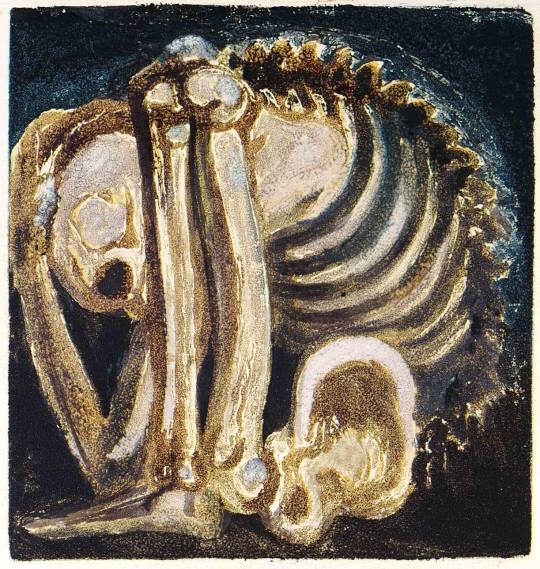
Skeleton of Urizen from A Small Book of Designs. William Blake, 1794
7K notes
·
View notes
Text

Vincent Van Gogh
‘Skeleton with Burning Cigarette’ - 1886
294 notes
·
View notes
Photo

Ferdinand Knab (1834-1902), A Woman at a Fountain With Rising Moon, 1866, oil on canvas, 125.5 x 91 cm. In a private collection
1K notes
·
View notes
Text

Sir Charles Bell
'Opisthotonus in a patient suffering from tetanus'-1809
12 notes
·
View notes
Text

Theda Bara
2 notes
·
View notes
Text

Adolf von Menzel
“Studio Wall” 1852
6 notes
·
View notes


